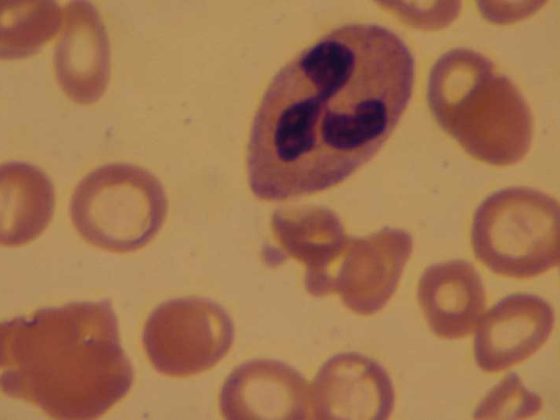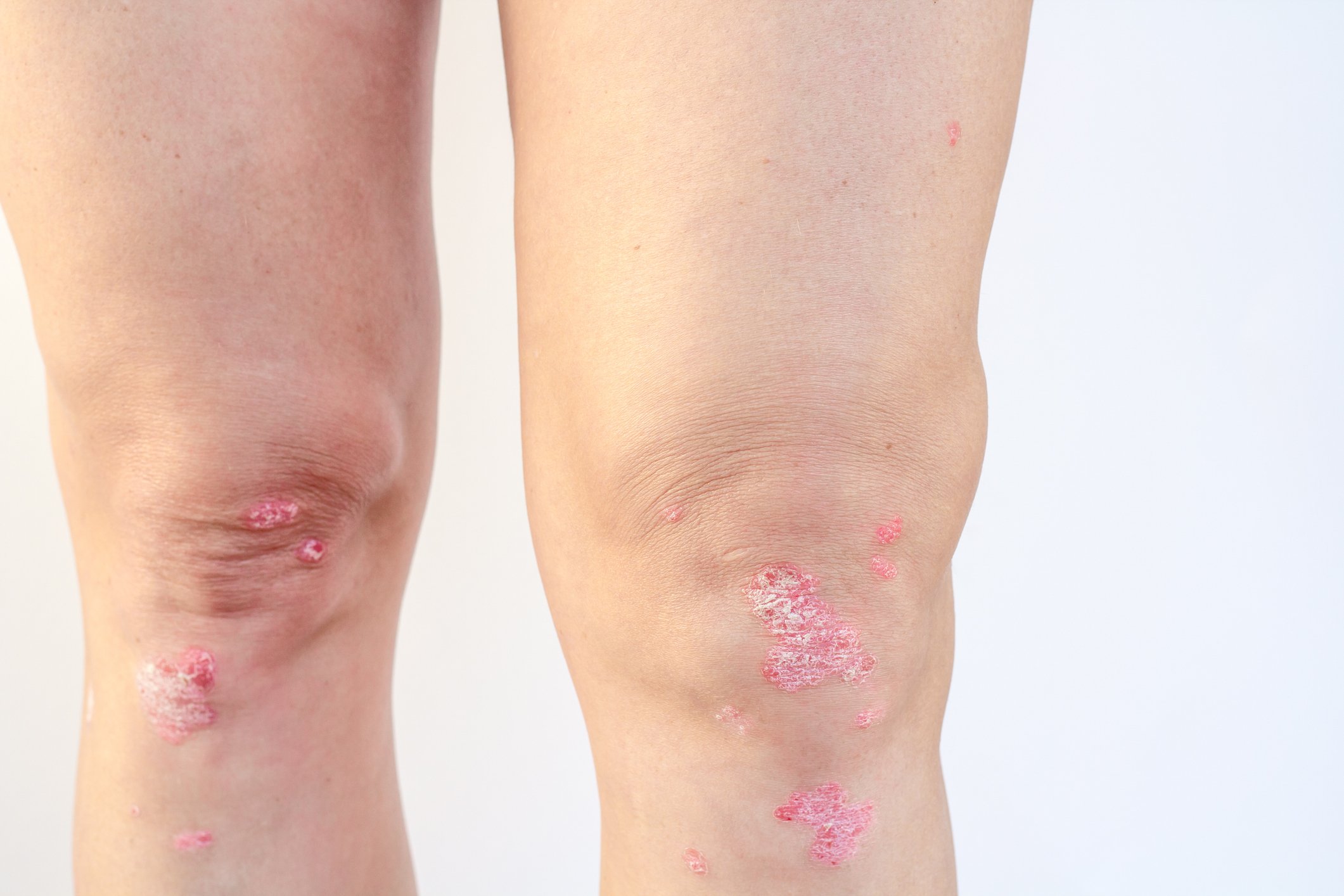If complete remission cannot be achieved in patients with HER2-positive breast cancer despite exhausting current treatment options, the risk of recurrence is high. Results from an open-label phase III trial of trastuzumab emtansine raise hope.
For the open-label phase III trial, 1486 patients with HER2-positive breast cancer who had invasive residual disease despite neoadjuvant chemotherapy, as well as HER2-targeted therapy and subsequent surgery, were studied. Randomized 1:1, they received 14 cycles of the antibody-drug conjugate, consisting of the microtubule inhibitor DM1-bound HER2-targeting monoclonal antibody trastuzumab emtansine (T-DM1), or trastuzumab for 12 weeks. The primary endpoint was defined as invasive disease-free survival (IDFS).
Analysis of the results showed that T-DM1 significantly improved IDFS over trastuzumab. A total of 256 IDFS events were recorded, including 91 (12.2%) in the T-DM1 regimen and 165 (22.2%) in the control group (unstratified hazard ratio (HR): 0.50; 95% confidence interval (CI): 0.39-0.64; p<0.0001). The evaluation in terms of overall survival is still pending. In this regard, a longer follow-up phase will provide more detailed insights.
Source: Geyer Jr CE, et al: Phase III study of trastuzumab emtansine (T-DM1) vs trastuzumab as adjuvant therapy in patients with HER2-positive early breast cancer with residual invasive disease after neoadjuvant chemotherapy and HER2-targeted therapy including trastuzumab: Primary results from KATHERINE. Abstract GS1_10, SABCS 2018
InFo ONCOLOGY & HEMATOLOGY 2019; 7(1): 32.











